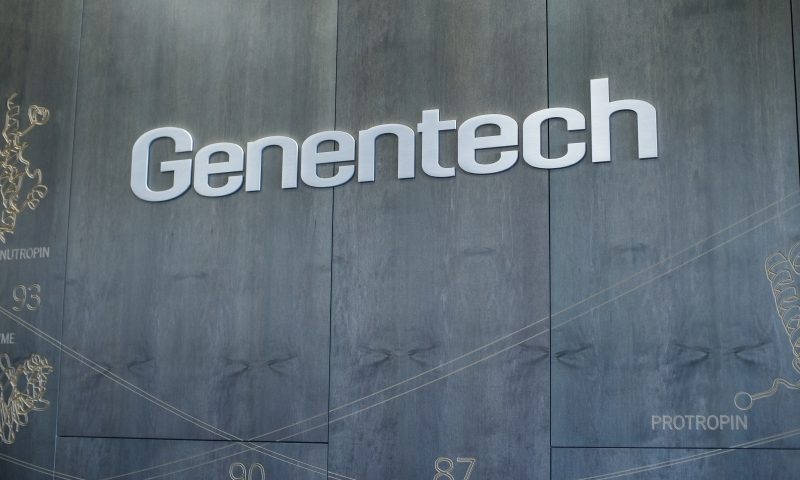Genentech has shared longer-term phase 3 safety data on its anti-IL-6 antibody satralizumab, adding to the evidence in support of the drug ahead of a FDA decision to approve it in a rare disease served by Alexion’s Soliris.
Researchers presented efficacy data from two phase 3 trials of satralizumab in neuromyelitis optica spectrum disorder (NMOSD) last year, leading to a filing for approval that FDA accepted for review in October. The trials linked subcutaneous administration of satralizumab to reduced risk of relapse and generated evidence of its safety.
Genentech has now added to the safety data in support of satralizumab by pooling data collected in the double-blinded periods and open-label extensions to the two phase 3 trials. While the studies were blinded, subjects on satralizumab experienced 15 serious adverse events per 100 patient years, as compared to 18 events in the placebo cohort. The data cover the use of satralizumab as a monotherapy and in combination with baseline therapy.
The most common adverse events across both treatment groups were infections of the urinary tract and upper respiratory tract. No patients died or suffered anaphylactic reactions.
Genentech saw a similar satralizumab safety profile across the open-label extension period, with no “meaningful” changes in the incidence, rate or type of infections. Soliris, which won approval for use in a subpopulation of NMOSD patients last year, carries a boxed warning explaining that some people have contracted life-threatening and fatal meningococcal infections after taking the drug. No cases of meningococcal infection were seen in the Alexion trial that supported approval in NMOSD.
Safety is one of several battlegrounds that could emerge if Genentech wins approval and goes on to fight Alexion for market share. Satralizumab looks competitive in terms of efficacy, although exactly how the drugs compare is unclear given the reliance on cross-trial comparisons, and it’s administered less frequently.
After three doses every two weeks, subjects in the satralizumab phase 3 trial switched to a four-week regimen. Satralizumab is administered subcutaneously. Soliris won approval in NMOSD on the back of a trial in which patients received weekly intravenous infusions for the first four weeks before switching to a two-week regimen for the maintenance stage of the trial. Alexion began a phase 3 trial of its long-acting C5 inhibitor Ultomiris in NMOSD late last year.

